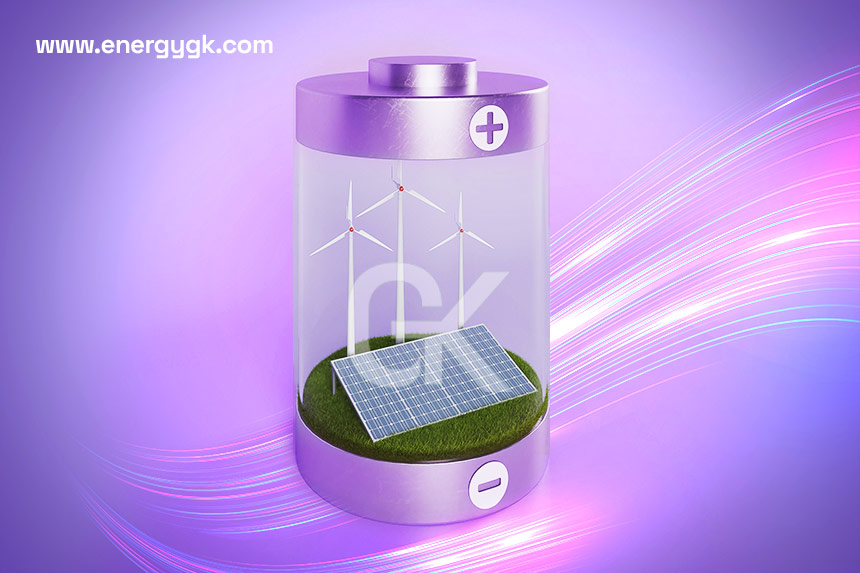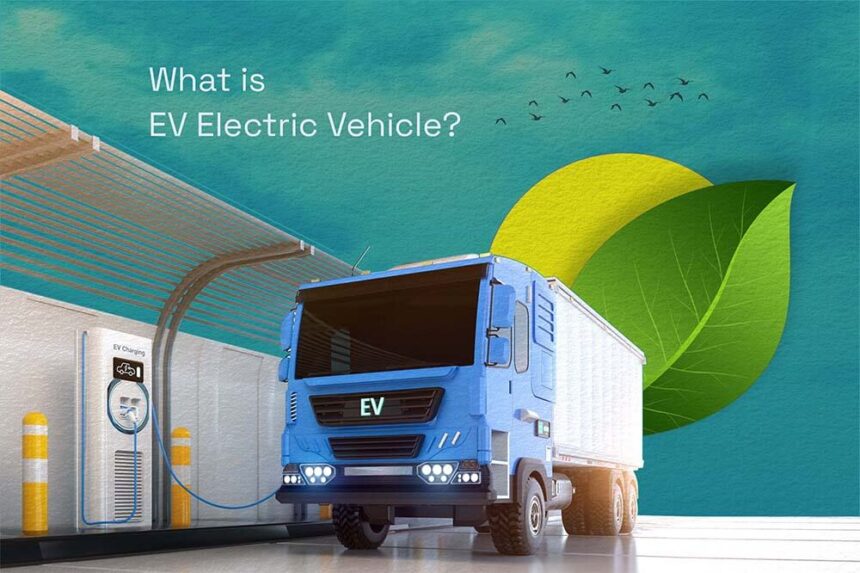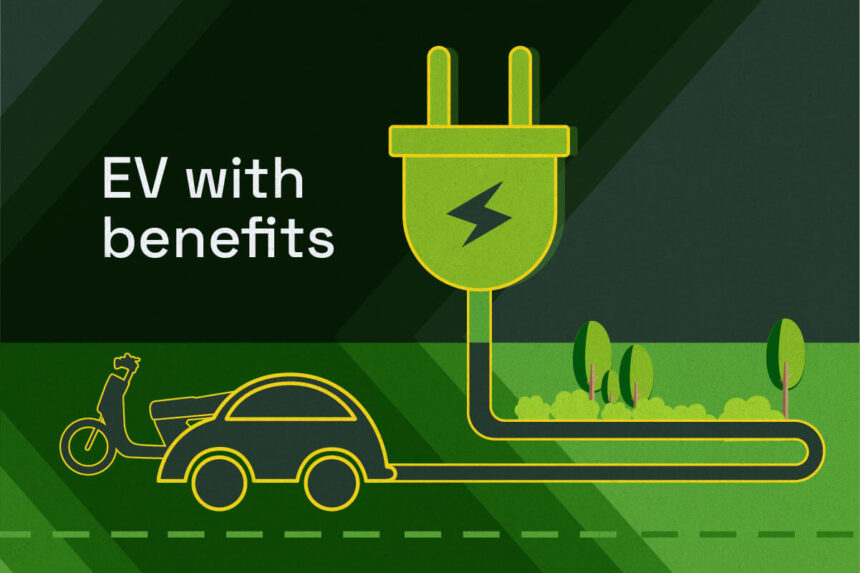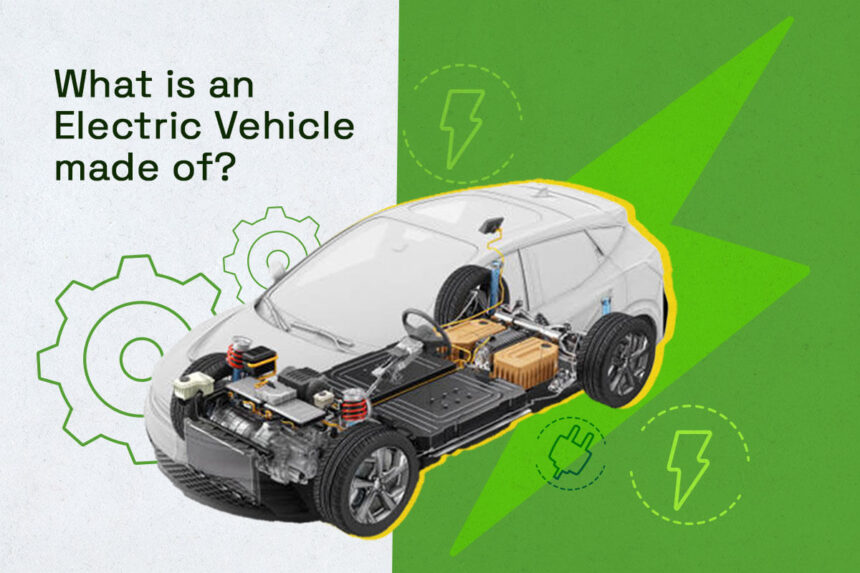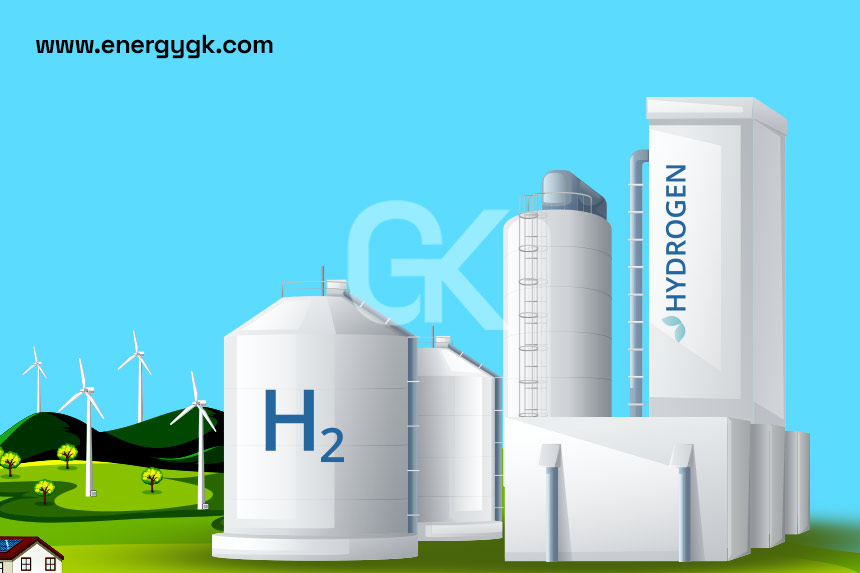In our quest for a sustainable future, one of the most crucial aspects is efficient energy storage. As renewable energy sources continue to gain prominence, the need for advanced battery technology becomes increasingly vital. These batteries not only power our smartphones and laptops but also play a significant role in revolutionizing the transportation and energy sectors. In this article, we will delve into the world of battery technology, specifically focusing on the latest advancements in energy storage.
Understanding Energy Storage
Energy storage is the process of capturing and storing excess energy for later use. It enables us to address the intermittent nature of renewable energy sources and meet the demands of power consumption efficiently. Batteries serve as the backbone of energy storage systems, providing a reliable means to store and release electricity as required.
The Need for Advanced Battery Technology
While traditional lead-acid batteries have been around for decades, they are not suitable for all applications due to their limitations. The need for more advanced battery technology arises from the desire to overcome these challenges and unlock the full potential of renewable energy sources. Advanced batteries offer higher energy densities, longer lifespans, faster charging capabilities, and enhanced safety measures compared to their conventional counterparts.
Exploring Lithium-ion Batteries
What are Lithium-ion Batteries?
Lithium-ion (Li-ion) batteries have become the gold standard in energy storage due to their high energy density, lightweight nature, and relatively low self-discharge rate. They are commonly found in smartphones, laptops, and electric vehicles. Li-ion batteries operate through the movement of lithium ions between two electrodes, allowing for the flow of electric current.
Advantages of Lithium-ion Batteries
Lithium-ion batteries possess numerous advantages that make them a preferred choice for many applications. They have a high energy density, enabling devices to run for extended periods without the need for frequent recharging. Additionally, Li-ion batteries exhibit low self-discharge rates, which means they retain their charge when not in use. They also have a longer lifespan compared to other battery technologies, making them cost-effective in the long run.
Challenges and Limitations
Despite their numerous advantages, lithium-ion batteries do have certain limitations. One of the main challenges is their propensity to overheat and potentially catch fire if not properly handled or if subjected to extreme conditions. Furthermore, the extraction and disposal of lithium, cobalt, and other raw materials used in these batteries pose environmental concerns. Addressing these challenges has led researchers to explore alternative battery technologies.
Beyond Lithium-ion: Next-Generation Battery Technologies
To further advance energy storage capabilities, scientists and engineers are actively developing next-generation battery technologies that go beyond the limitations of lithium-ion batteries. These emerging technologies offer improved energy densities, enhanced safety features, and the potential for lower production costs.
Solid-State Batteries
Solid-state batteries represent a promising avenue for future energy storage. Unlike traditional Li-ion batteries that use liquid electrolytes, solid-state batteries employ solid electrolytes, which offer several advantages. Solid electrolytes enhance safety by eliminating the risk of leakage and thermal runaway. They also enable higher energy densities and faster charging rates. Additionally, solid-state batteries have the potential to utilize lithium metal as an anode, further increasing their energy storage capacity.
Lithium-Sulfur Batteries
Lithium-sulfur (Li-S) batteries have garnered significant attention due to their exceptional energy storage capabilities. These batteries utilize sulfur as the cathode material, which offers a high theoretical energy density. Li-S batteries have the potential to outperform Li-ion batteries in terms of energy density, cost-effectiveness, and environmental impact. However, challenges such as the formation of polysulfide compounds and sulfur cathode degradation still need to be addressed for commercial viability.
Sodium-Ion Batteries
Sodium-ion (Na-ion) batteries have emerged as a potential alternative to Li-ion batteries, primarily due to the abundance of sodium compared to lithium. Na-ion batteries operate on similar principles as Li-ion batteries but utilize sodium ions instead. While Na-ion batteries currently have lower energy densities compared to Li-ion batteries, ongoing research aims to improve their performance and make them more viable for large-scale energy storage applications.
Flow Batteries
Flow batteries offer a unique approach to energy storage, particularly for grid-scale applications. These batteries utilize two electrolyte solutions stored in separate tanks and flow through a cell stack during the charge and discharge processes. Flow batteries excel in applications that require long-duration energy storage and have the advantage of decoupling power and energy capacities. Vanadium flow batteries are among the most well-known flow battery technologies, but researchers are exploring other chemistries to enhance their performance.
Innovations in Battery Technology
In addition to exploring alternative battery technologies, researchers are continuously striving to improve the performance and capabilities of existing batteries. Innovations focus on enhancing energy density, extending battery lifespan, reducing charging time, and improving safety measures.
Improved Energy Density
Increasing the energy density of batteries is crucial for enabling longer durations of energy storage and extending the range of electric vehicles. Researchers are exploring new electrode materials, such as silicon anodes and high-capacity cathode materials, to boost energy density without compromising safety or battery life.
Longer Lifespan
Battery lifespan is a critical factor for cost-effectiveness and sustainability. Scientists are investigating various strategies to mitigate capacity degradation over time, including the development of stable electrolyte materials, advanced cell designs, and optimized charging algorithms.
Faster Charging
Reducing charging time is essential for improving the convenience and usability of battery-powered devices. Fast-charging technologies, such as advanced electrode architectures and optimized charging protocols, aim to minimize the time required to recharge batteries while maintaining their performance and longevity.
Enhanced Safety Measures
Addressing the safety concerns associated with battery technology remains a priority. Researchers are exploring novel approaches, such as incorporating flame-retardant additives, implementing smart battery management systems, and developing self-healing materials to prevent thermal runaway and mitigate the risk of battery fires.
Applications of Advanced Battery Technology
The advancements in battery technology have far-reaching implications across various industries and applications.
Electric Vehicles
Advanced battery technology is revolutionizing the electric vehicle (EV) industry. High-capacity batteries with longer ranges and faster charging capabilities are driving the widespread adoption of EVs. Improved battery performance is crucial for achieving mass-market acceptance and accelerating the transition to sustainable transportation.
Renewable Energy Integration
Integrating renewable energy sources into the grid requires effective energy storage solutions. Batteries play a vital role in smoothing out the intermittent nature of renewable energy generation
Grid-Scale Energy Storage
Grid-scale energy storage is essential for stabilizing the electrical grid and ensuring a reliable power supply. Advanced battery technologies enable the storage of excess energy during periods of low demand and its release during peak hours, reducing strain on the grid and improving overall efficiency. Large-scale battery installations are increasingly being deployed to support renewable energy integration and enhance grid resiliency.
Portable Electronics
Battery technology advancements have also transformed the landscape of portable electronics. From smartphones to wearable devices, batteries with higher energy densities and longer-lasting performance have become the norm. These advancements have allowed for smaller, lighter, and more powerful devices, providing users with enhanced mobility and convenience.
Overcoming Challenges and Future Prospects
While significant progress has been made in battery technology, several challenges remain to be addressed. The limited availability and environmental impact of raw materials, safety concerns, and cost considerations are ongoing areas of research and development. However, with continued investments in research and collaboration between academia, industry, and governments, the future prospects for advanced battery technology are promising.
The development of sustainable and scalable battery technologies will play a crucial role in achieving a clean and renewable energy future. Continued innovation, improved manufacturing processes, and economies of scale are expected to drive down the cost of advanced batteries, making them more accessible to a wider range of applications.
Conclusion
Battery technology is at the forefront of powering the future, enabling efficient energy storage and driving the transition to a sustainable and renewable energy landscape. From lithium-ion batteries to emerging technologies like solid-state batteries and lithium-sulfur batteries, advancements are being made to improve energy density, charging speed, lifespan, and safety. These advancements have wide-ranging applications, from electric vehicles and renewable energy integration to grid-scale energy storage and portable electronics.
As the demand for clean energy continues to grow, it is imperative to invest in research and development, foster innovation, and support the deployment of advanced battery technologies. By doing so, we can unlock the full potential of renewable energy sources, reduce reliance on fossil fuels, and create a greener and more sustainable future for generations to come.
FAQs
- Q: Are lithium-ion batteries the best option for energy storage? A: While lithium-ion batteries are currently the most commonly used, alternative technologies such as solid-state batteries and flow batteries are emerging as promising options for the future.
- Q: Can advanced battery technologies address the intermittency of renewable energy sources? A: Yes, advanced batteries play a crucial role in storing excess energy generated by renewable sources and releasing it when needed, effectively addressing the intermittency challenge.
- Q: What are the main challenges in battery technology? A: Some challenges include the availability and sustainability of raw materials, safety concerns, cost considerations, and the need for further improvements in energy density and lifespan.
- Q: How are advanced batteries impacting the electric vehicle industry? A: Advanced batteries with higher energy densities and faster charging capabilities are driving the widespread adoption of electric vehicles, offering longer ranges and improved performance.
- Q: What is the future outlook for battery technology? A: Continued research, collaboration, and investments in battery technology are expected to lead to further advancements, improved affordability, and wider applications in various industries, contributing to a sustainable and clean energy future.


